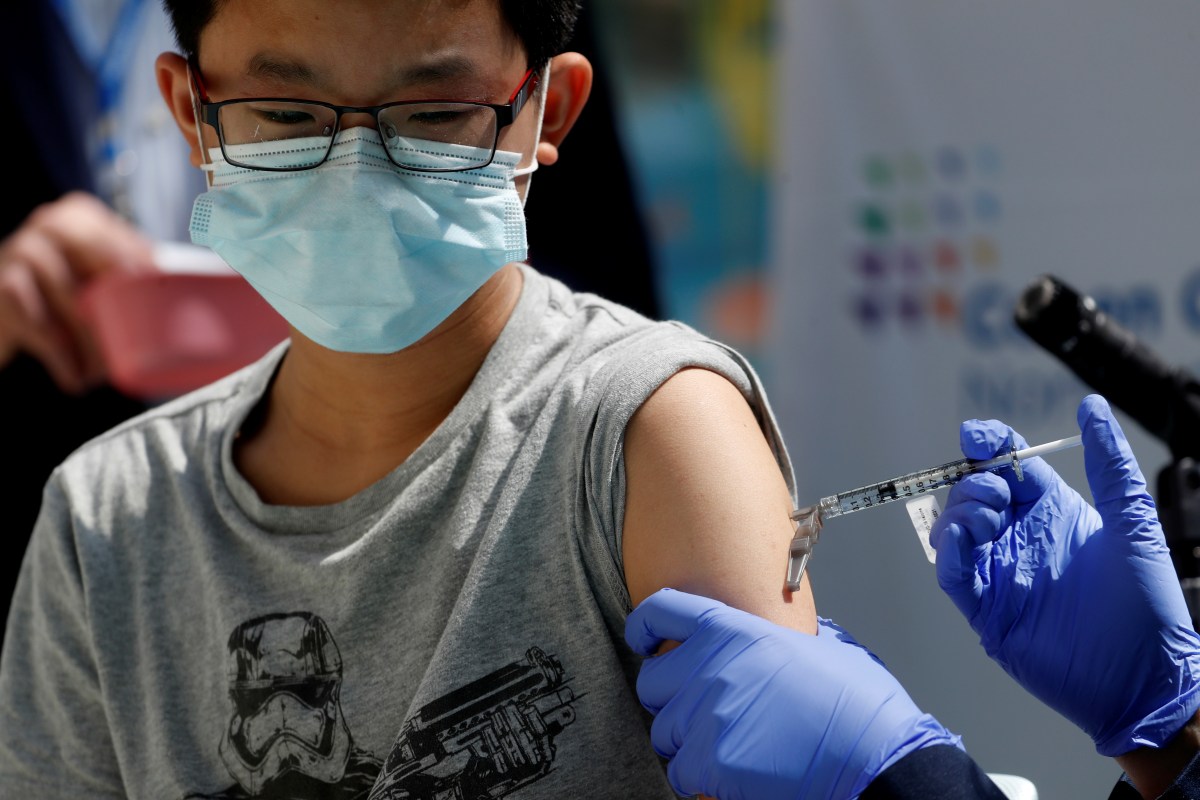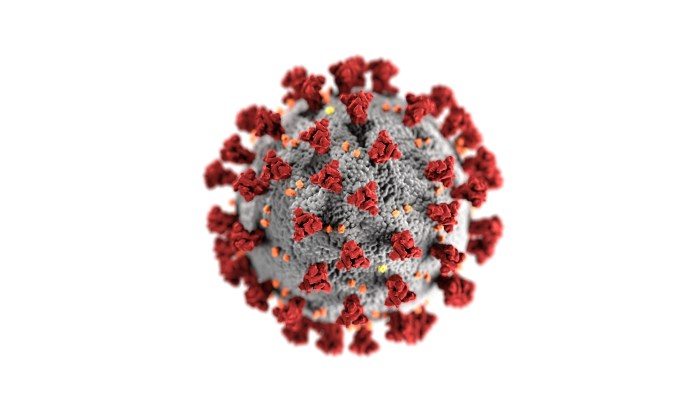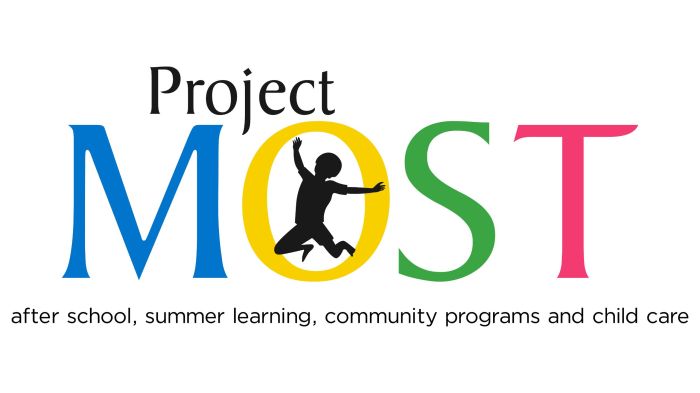By Bernadette Starzee
Emergency use authorization of the Pfizer-BioNTech Covid-19 vaccine was expanded to include children as young as 12 years old on May 10. As of June 17, nearly a third of children ages 12 to 15 in New York State (29.9 percent) had received at least one dose.
But while some parents rushed to get their kids a shot, others are resistant. In a Kaiser Family Foundation survey in late May, 34 percent of U.S. parents of children ages 12-17 said they either would not get their children vaccinated or would only do so if their school required it.
“I am not anti-vaccine, but I do not want to give my children this vaccine, because the virus isn’t really deadly for children,” said Dana Leo, a Commack parent whose children are ages 12 and 13. “Also, the vaccine has not been tested enough. The kids have the highest survival rate from the virus … Why inject them with something that I have no idea what it is made of?”
The medical community is working to educate parents about the safety of the vaccines while reminding them not to become complacent about the infectious disease.
“It’s a misstatement to say children and adolescents do not get sick from Covid-19,” said Matthew Harris, M.D., assistant professor of pediatrics and emergency medicine at the Donald and Barbara Zucker School of Medicine at Hofstra/Northwell and medical director of Northwell Health’s Covid-19 vaccination program. “We have seen critically ill children and adolescents with Covid and Covid-related multisystem inflammatory syndrome. Parts of the country with low vaccination rates are seeing a rise in the Delta variant of Covid, which is prevalent in India. This is leading to an increase in adolescents who are extraordinarily sick in intensive care, which is a totally preventable outcome.”
For the week ending June 10, minors accounted for 19.0 percent of newly reported Covid-19 cases in the United States, according to the American Academy of Pediatrics. While the vast majority of children have mild symptoms or are asymptomatic, 322 children died from Covid-19 as of late May and thousands have been hospitalized.
“The FDA can only authorize a medical product if the benefit outweighs the risk,” said Talia Berookhim, a consultant pharmacist with Community Care Rx, a Hempstead-based long-term care pharmacy. “If the benefits didn’t outweigh the known and potential risks in children, the vaccine would not have been authorized for children.”
Gov. Andrew Cuomo has said discussions are underway about whether K-12 schools will require Covid-19 vaccinations once the vaccines have been fully approved by the FDA. So far, Pfizer has applied for full approval for ages 16 and up and Moderna, for ages 18 and up. Moderna also recently applied for emergency use authorization for its vaccines for children ages 12 to 17, while Pfizer expects to seek emergency use authorization for vaccines for children ages 2 to 11 in September.
Carole Lieberman, M.D., a psychiatrist and radio and TV talk show host, who believes vaccinations in general should be optional, says children should not be required to receive the Covid-19 vaccine. “There’s no way to prove that 18 years after getting the vaccine there won’t be a bad side effect once the child’s body has had time to mature,” said Dr. Lieberman, a Stony Brook University alum currently based in Beverly Hills.
Dr. Harris says he recognizes that there is parental concern and hesitancy about the long-term effects of the vaccines.
“But there has not been a vaccine in the modern era that has been linked in any meaningful way to poor outcomes,” Dr. Harris said. “What we do see all too often in hospitals are the consequences of being unvaccinated – particularly meningitis, measles, and complications from serious influenza infections.”
While there are only a few months of data on the impacts of the vaccines on children, the long-term effects of coronavirus infection on a developing body are also unknown. The American Academy of Pediatrics wrote, “There is an urgent need to collect more data on longer-term impacts of the pandemic on children, including ways the virus may harm the long-term physical health of infected children.”
More than 175 million Americans had received at least one dose of the vaccine as of June 17.
“The vaccines have been under intensive safety monitoring,” Berookhim said. “Serious side effects have been extremely rare.”
The Centers for Disease Control is currently investigating a higher-than-normal incidence of a type of heart inflammation that has been reported following the Pfizer or Moderna vaccines, particularly in individuals 30 years and younger, but a causal link has yet to be established.
“It’s a very small number of people,” Dr. Harris said. “None of the cases have resulted in death, and very few have resulted in ICU admissions.”
Dr. Harris’ children are younger than 12, but once the vaccine is authorized for younger children, “they will be first in line,” he said.
“I want people to recognize this is not the time to be complacent,” Dr. Harris said. “This is the time to drive the final nail in the coffin of Covid, and we do that with widespread vaccination.”
For more coronavirus coverage, visit longislandpress.com/coronavirus.
Sign up for Long Island Press’ email newsletters here. Sign up for home delivery of Long Island Press here. Sign up for discounts by becoming a Long Island Press community partner here.




























